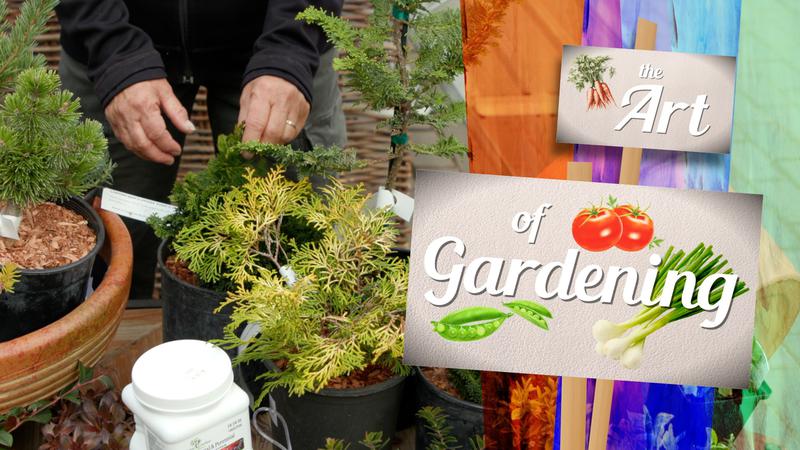
HUNTER: Trauma and community healing
AT THE SOUTHERN INTERIOR LOCAL GOVERNMENT ASSOCIATION (SILGA) meeting in Salmon Arm at the end of April 2022, writer, storyteller, broadcaster and Indigenous rights activist Jesse Wente shared his thoughts on trauma and healing during his keynote address.
His presentation gave many local electeds pause for thought about what their role might be in healing trauma in their communities. Personally, it led me to reflect on my own journey with trauma, Post-Traumatic Stress Syndrome (PTSD), and how it shapes my interactions and perceptions. I’ve been reflecting on this quite a bit as I watch events unfold in our community and wanted to share some of the insights Wente offered, adding my own thoughts to the mix.
I think there’s learning in this for everyone in terms of how we approach each other and how we can move forward together and heal the collective trauma we’ve experienced the last few years and how we need to shift our priorities to allow the Earth to heal from the trauma we have inflicted upon it.
The extreme weather events of the last few years are no joke. I’m willing to bet every single person reading this has either been directly impacted by one (or more) or knows someone close to them who was (or is still being impacted).


